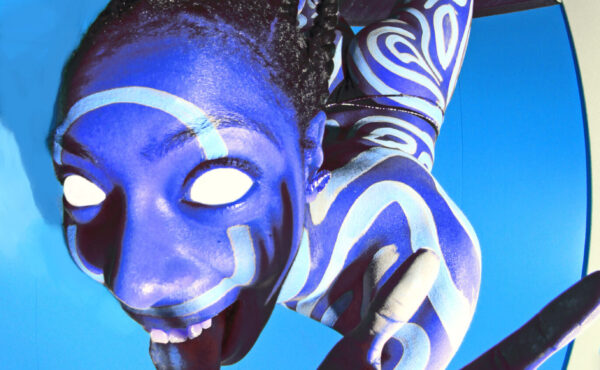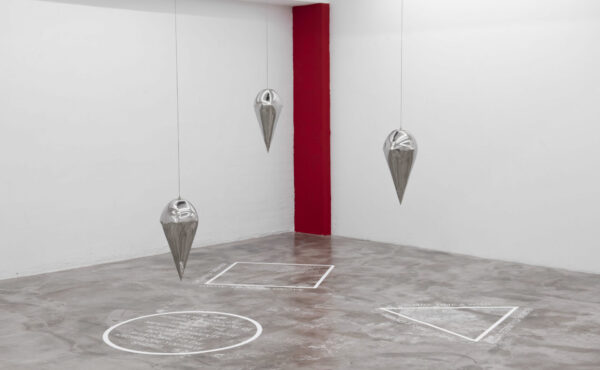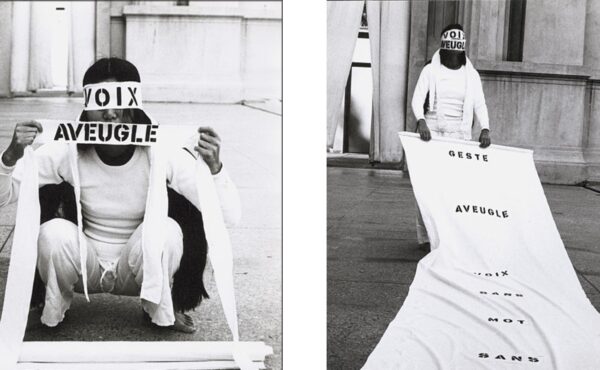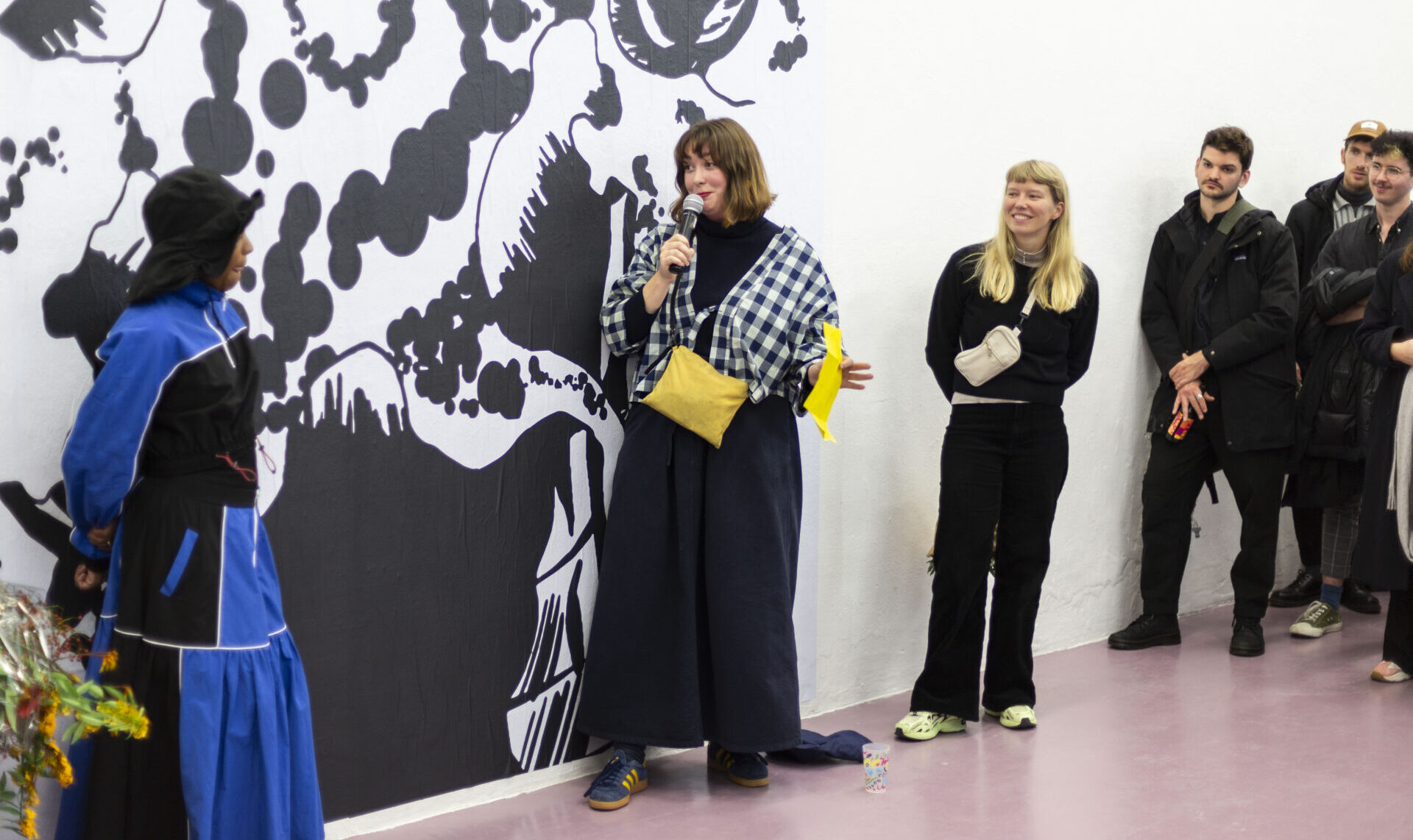
Over the last years, artists Harriet Rose Morley and Jeannette Slütter have been meeting each other in their studios and have been talking about the relations between the arts and themes like workers’ rights, artists’ fees, parenthood, and more. Last year, they were appointed to be the new directors for Platform BK. Joris van den Einden talks to them about their vision for the platform during the coming years.
Platform BK started as a membership-based organisation aiming to construct new ways of communicating the importance and significance of arts in our society, in reaction to the decimated national arts funding that was introduced by the Dutch government, around ten years ago. Over the years, the platform has worked to ensure better working conditions, easier access to vital knowledge, and increased opportunities for artists and other art professionals to come together and collectivise. Acting at a range of levels, from bottom-up workshops and meetings to working with lobby organisations and direct involvement in policymaking, the platform plays an important role within the Dutch contemporary art world.
The directorship of Platform BK is one that is shared. Over the last three years, Koen Bartijn and Sepp Eckenhaussen took on the directing roles of the platform, navigating a period where the Dutch art world was significantly marked by turmoil, controversy, and change. With topics such as leadership and hierarchy often lying centrally to the upheavals and critiques, I was curious how Slütter and Morley conceive of this idea of shared directorship, and specifically what larger ideas might underlie those visions of leadership.
Harriet Rose Morley: ‘Maybe it is good to first outline how the organisation is made up. The co-directorship is still relatively new; Sepp and Koen were the first co-directors who applied for the position as a duo. And we did the same, going into this together with our shared interests. We would always talk about the conditions of being an artist in our studios, in an informal setting, so it seemed like an interesting step to do that into a more official role.’
Jeannette Slütter: ‘Sepp and Koen also just decided to apply as a duo on their own accord; Platform BK hadn’t necessarily set it as any requirement or suggestion, at the time. But their application and directorship ended up being something that fit within the general nature of the Platform so well. You know, to work in solidarity with others.’
Harriet Rose Morley: ‘The duo-ship is so vital, I think. More often than not, the themes and challenges we face are not entirely clear in terms of how we should handle or approach them, so you really need that second perspective. I have found that it helps to have a certain comfortability with that other person, to ensure that conversations remain completely open and honest. And, at times, that implies saying that you do not understand something fully, and then hopefully coming to understand it together.’
Thema's
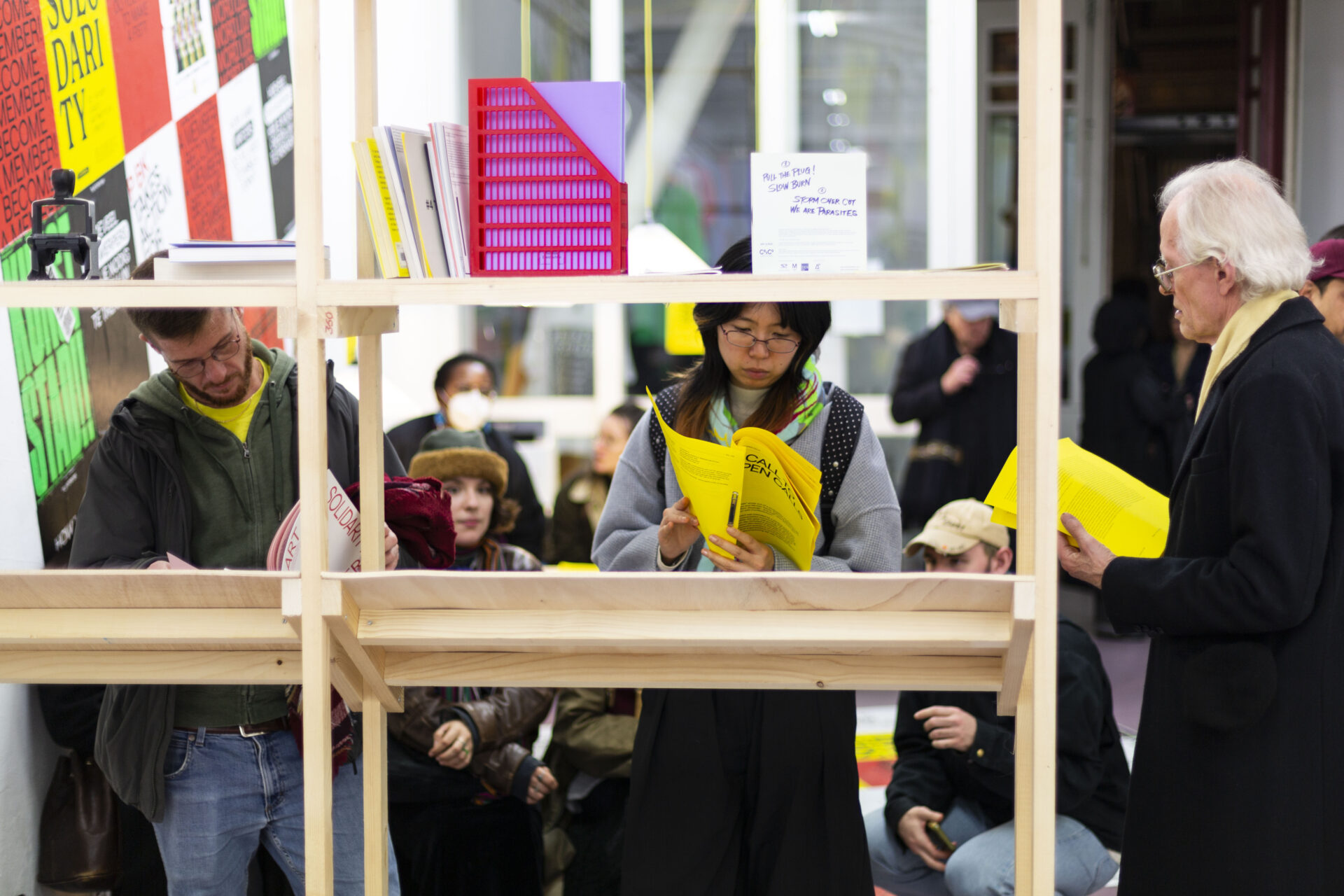
Morley continues to outline that Platform BK is structured in such a way that the directors are supported by a board of seven volunteers with varying expertise in the art world, including topics such as studio policies, environmental issues within the arts, diversity, unionship, and more.
Harriet Rose Morley: ‘As co-directors, we definitely have more of a creative lead, but behind the scenes there is a wider community that supports what is going on, including the members. And even then, we really are co-directors of ourselves; the office consists of Jeannette and Harriet. In and around that office, we work to construct what our creative vision of this organisation really is, further aided and facilitated by that larger support system.’
Jeannette Slütter: ‘The platform is characterised by initiatives with both longer and shorter timelines. The long-term projects we work on are usually more policy-based, where we collaborate with bigger organisations, while the short-term projects take a more bottom-up approach and are usually based in the interaction with artists and seeing how we can all help each other. Still, everything that happens within that second category relates to issues that are inherently embedded within larger systems, too.’
Some of the things that Morley and Slütter want to focus on include improving accessibility to the platform’s tools and events, becoming more active in the recognition of their international and Dutch communities, and amplifying themes such as social safety and parenthood in the arts. Referring to the dual nationality within their directorship, Morley tells me that they regularly find themselves drawing from their own experiences to consider what they feel is important to shed more light on.
Harriet Rose Morley: ‘Within previous programming of the platform, there would be significant differences between English-spoken and Dutch-spoken events and projects. We understand that this is natural, but we want to be more proactive in working with the specific experiences of our incredibly diverse community, to acknowledge that international artists might face different forms of precarity than those originally from the Netherlands; think visas, but also things like applying for funds and finding places to live, which may look different for non-Dutch people living in the Netherlands. At the same time, we want to amplify our Dutch audiences more as well, by decentralising around Amsterdam and delving more deeply into more regional cases.’
Over the last months, Slütter has dealt more with the lobbying and policy-making side of Platform BK, despite experiencing occasional disappointment or deception with the timeframes at which those processes can sometimes unfold. I tell her that the concept of lobbying often remains somewhat abstract to me; how does the marking of something as somehow important actually transform into policy or another significant practical change? I ask her how she has experienced this side to Platform BK’s functioning.
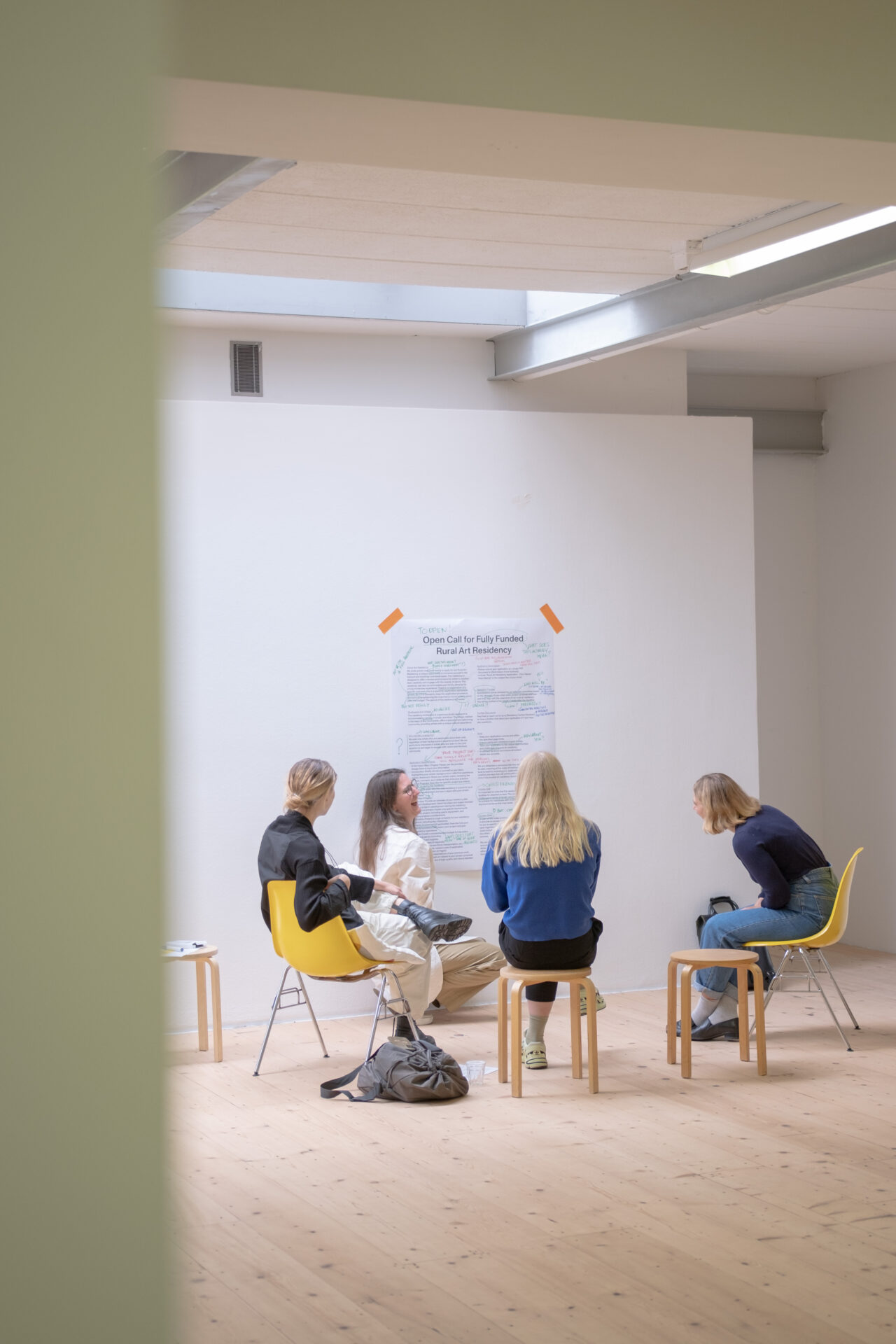
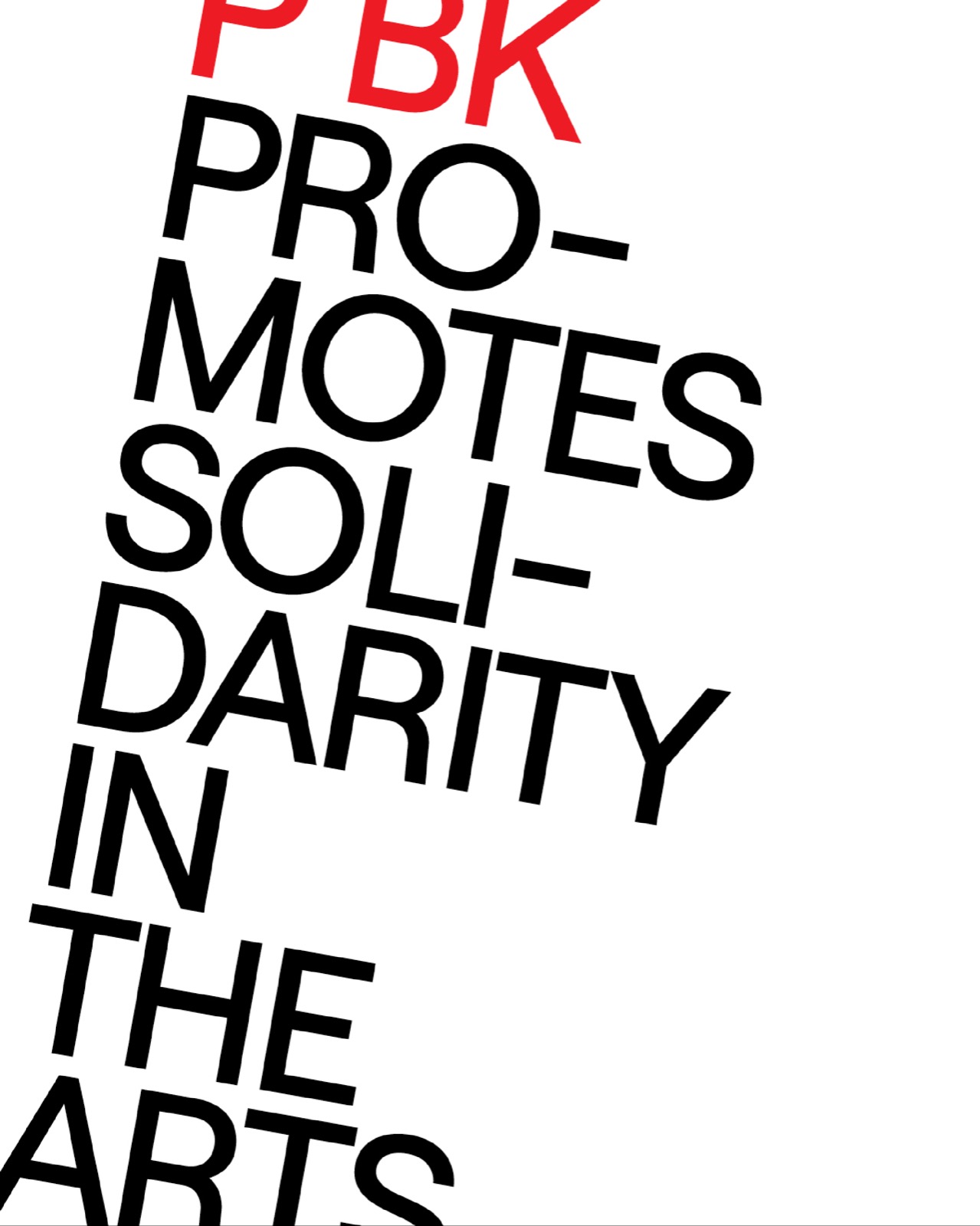
Jeannette Slütter: ‘There was definitely frustration at first. Seeing initiatives and grand ideas culminate into relatively small changes has felt futile before, and it took some time to realise that this is where the act of lobbying is so vital. Negotiation and compromise are both inherent to that process, and you need to commit a lot of time and energy to work your way through it. It can still definitely remain abstract, or vague, though. Sometimes lobbying can be as simple as giving someone a call or saying that you find something annoying to the right person. Other times you actively seek out partners, write letters, start petitions, contact public officials, and so on. Over time, you learn when to reach out to others and in what ways to do so. Generally, collectivising works; doing things together raises the voices of everyone involved. Perhaps lobbying is just a strange word. It can feel very distant, but I don’t think it necessarily has to be.’
Harriet Rose Morley: ‘Both of us were relatively inexperienced within the world of lobbying when we came into Platform BK. The Kunstenaarshonorarium (artists’ honorarium) is an example of where the importance of lobbying shines through; this guideline for artists’ fees clearly reveals that, since the budget cuts, there hasn’t been enough money in the Dutch art world to compensate artists fairly. In the concreteness of that observation, it becomes clear that you need to go through certain stages to amplify that problem in order to lobby for change.’
Jeannette Slütter: ‘We also get emails from people highlighting that specific things are urgent to them. That’s basically lobbying at an individual level, towards us! Sometimes those initial emails can actually transform and grow into events, like our recent event A Call to Open Calls at Stroom Den Haag. One of our board members gave a talk at Buro Stedelijk, someone else picked it up and emailed us, and it became this complete event, reaching new people along the way.’
We briefly talk about independence and the ability to remain critical of other organisations and players in the Dutch art world, especially as the platform might itself continue to grow into an organisation that takes up a more established or central place within that network of institutions.
Joris van den Einden: You’re clearly aware that there are these structures in which your position might also change as the organisation grows.
Harriet Rose Morley: ‘Growth is an interesting word. We haven’t really grown recently, in the formal sense; we’ve floated around this number of ±600 members for a while now. We need some growth to sustain ourselves, but there’s no exponential increase in memberships or funding that is going to be rendering us this huge organisation in the near future, for example. And that’s important to consider when we think about how we do want to develop as an organisation, how we want to professionalise, how we don’t want to professionalise. And how professionalisation can potentially isolate you from your members. So we come back to those questions there too, about how sustainably the organisation is running, as well as how sustainable it is for the people running it.’
It seems growth exists within the new vision for Platform BK in a more open, non-teleological way. Rather than working towards numbers or statistics, growth takes shape as a more liberal kind of development, or change. Questions of introspection are vital here; how can we formalise adaptive, open approaches to change, without losing sight of larger goals or ideals? I ask Morley and Slütter how they go about these challenges, and specifically where their questions about their own functioning stem from.
Harriet Rose Morley: ‘We officially work at Platform BK two days a week, but realistically spend more time working on the platform, every week. We have to be self-reflective there: Platform BK works towards improving and considering the conditions of artists’ practices, and here we are, overworking. We are privileged to be in a position where we can afford to overwork, but not everyone is. How do we not perpetuate the problems that we are trying to work against? How do we ensure the security of those that might follow our footsteps as directors? We’re already thinking about how we’d look for the fee to be higher for the next people, for there to be more security for them. It’s actually part of the reason why we took on this role, because the organisation would get nowhere if no one actively took that on.’
Jeannette Slütter: ‘You have to practice what you preach. While we might be in a position where we can do that bit of extra work, it is not necessarily where we want to end up.’
‘Precarity amplifies feelings of isolation, which can make you feel alone as an artist. What we are trying to work towards now, is communicating how coming together is the most effective way of amplifying those sentiments’
For a short while, we talk about the wave of turmoil that spread throughout the Dutch art world over the last couple of years. Exchanging some experiences and observations, it seems we find ourselves in a bit of a liminal moment. Lots of dust now appears settled, but the dust is definitely still there. Problems have been addressed, some problems have been (partially) handled, many problems haven’t. We start talking about the theme of precarity.
Joris van den Einden: To me, it’s so difficult to ascribe a nature or character to our contemporary moment within that whole period of chaos and upheaval, because it still feels so potentially volatile.
Jeannette Slütter: ‘That just marks the complexity of all of this. What we’ve found throughout this period, is how precarity is always everywhere, and it is a power tool for people or organisations to silence others. That is perhaps the most central idea that we take on at the platform. When it is difficult to make things concrete and pinpoint exactly where problems arise, finding the right term for it can already make such a big difference in finding ways to deal with them.’
Harriet Rose Morley: ‘Precarity amplifies feelings of isolation, which can make you feel alone as an artist, or distant from the (educational) institution you are a part of. What we are trying to work towards now, is communicating how coming together is the most effective way of amplifying and processing those sentiments in those situations. The current systems perpetuate that isolation, so the more we can collectivise or communicate the collective nature of things that often feel like individual challenges, the more we can support each other away from that precarity and find ways to tackle the issues at hand.’
In regards to that isolation, Morley highlights the importance of improving the accessibility to Platform BK’s events once more. Opening up events by writing reports that not only include reflections on the event, but also step-by-step guides to replicate workshops to be done in people’s private peer groups, is one such way to move against the (accidental) gatekeeping of knowledge and ideas. The redistribution of knowledge appears as the key ideal that underlies the functioning of Platform BK, opening up those ideas in such a way that anyone can access them and consider them.
It is worth noting that our conversation took place in October of this year. Since then, the Dutch political landscape has been marked by an upheaval that is likely to drastically impact policy and funding of the arts sector for the coming years. Through our email correspondence, Morley and Slütter let me know that they are naturally critical towards what that change in government could mean for the field, and how the regional spreading of culture can happen without increased funding.
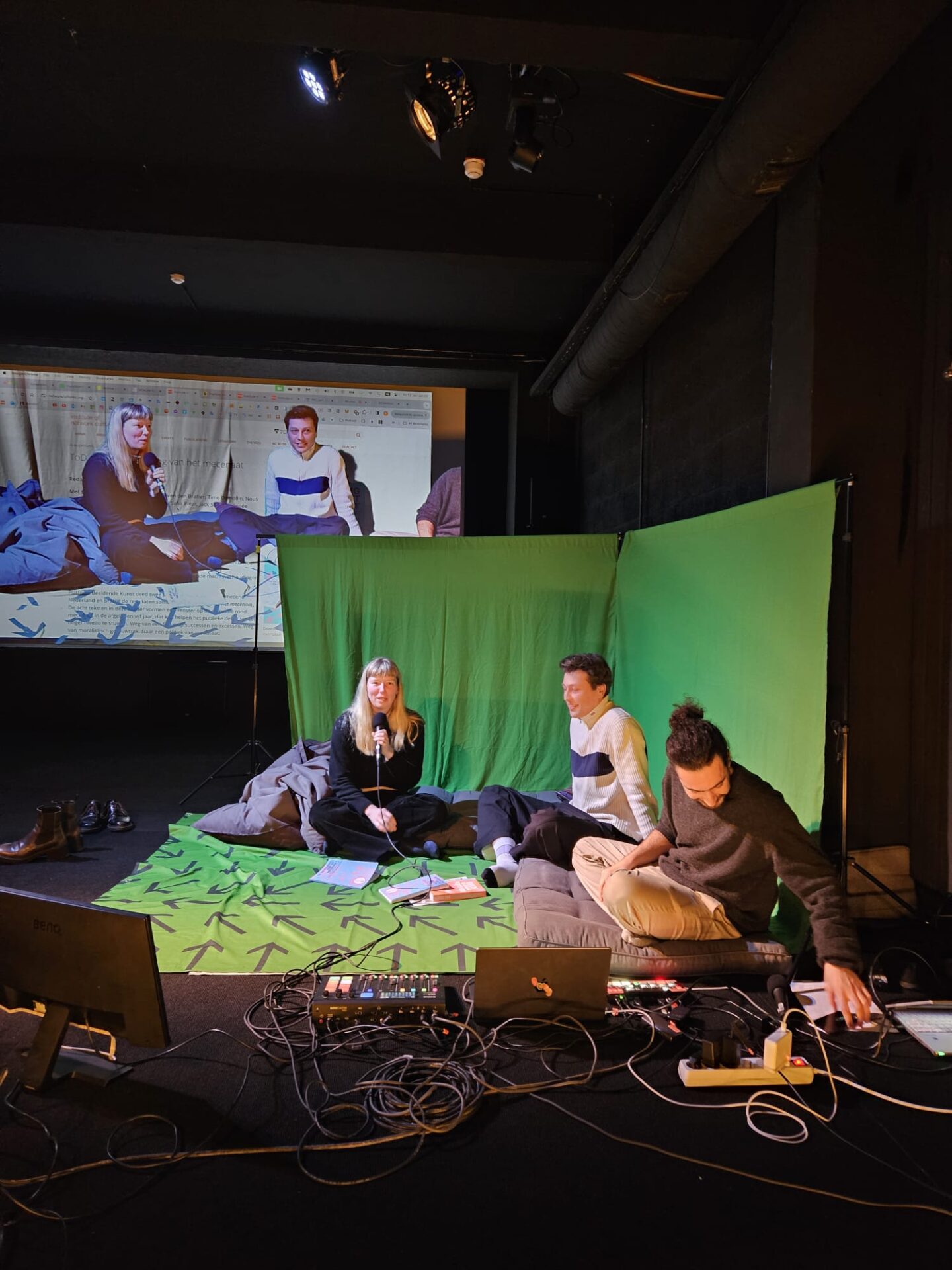
Rounding off the conversation, I ask what Morley and Slütter are looking forward to in the coming months or years.
Harriet Rose Morley: ‘One of the things we want to do in the coming year is consider how some of the platform’s earlier achievements, like the Fair Practice Code and Kunstenaarshonorarium shouldn’t simply become tick boxes, but instead become integral and inherent to the functioning of art organisations. Again: we’re looking back as much as we are looking forward. With that said, the issues that we plan to engage with next year include collaboration as survival, access within the arts, and covering parenthood. And I get such a buzz when I hear about people taking action on the back of their encounters with the platform. I think it’s really important that the things we do can bring people together and seeing what comes off that is really exciting.’
Jeannette Slütter: ‘One of our members, Farida Sedoc, had a solo exhibition at W139 earlier in December, and she invited Platform BK to do an office-in-residence there. So we’ll be moving our office to the exhibition space, open to talk to anyone that visits. We met her early in our directorship, and it’s great to see just how involved our members can be. She wants us in her solo show, that’s just so thrilling! I think that’s a nice example of what Harriet is talking about. In the longer run, I’m looking forward to making our year program, where we want to focus on fair and fruitful collaboration, thinking and talking about collectivisation on a more practical level too.’
Harriet Rose Morley: ‘Farida Sedoc’s exhibition is such a good example, as it also gives a bit more shape or form to who Jeannette and I are, both as directors of the platform and simply as people. We’re always open to people reaching out to us, whether it’s to collaborate or for advice or anything else!’
Jeannette Slütter: ‘We might take some time to email everyone back, though.’
Joris van den Einden: Two days a week, noted! Good to safeguard those office hours.
Harriet Rose Morley: ‘Yes, for sure. But we’re mainly keen to meet our members, too. In the end, they are the people we do our work for.’
Joris van den Einden
is an intern at Metropolis M
















